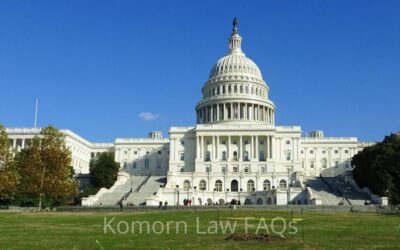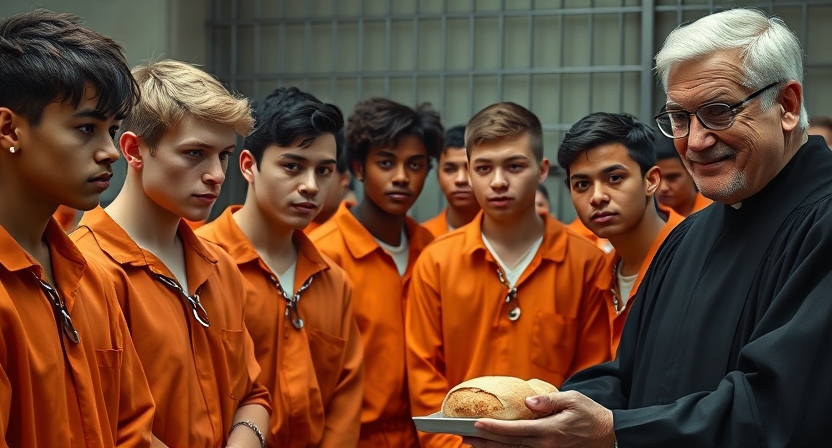Michigan Criminal Laws FAQs Theft CrimesAccording to Michigan State Law (Michigan Compiled Laws - MCL), a Probation Violation occurs when a person who has been sentenced to probation fails to comply with the terms and conditions of their probation order. These terms...

John Sinclair, the inspiration for Ann Arbor’s Hash Bash, dead at 82
John Sinclair, the poet whose imprisonment for marijuana inspired the start of Ann Arbor’s long-running annual Hash Bash in the 1970s, has died.
He was 82.
Sinclair’s passing occurred on Tuesday, April 2, 2024, at a Detroit hospital, merely four days prior to his scheduled appearance at the esteemed 53rd-annual marijuana rally on the University of Michigan Diag.
Sinclair faced health challenges in recent years, requiring him to rely on a wheelchair while residing in Detroit.
However, his dedication to Hash Bash prevailed, as he continued to make appearances at the event until 2023.
Heart failure was the official cause of death reported.
Sinclair’s passing will be a huge focus at Hash Bash, which starts at noon Saturday, April 6 2024.
The annual marijuana celebration and smoke fest traces its roots back to April 1972, a mere four months after renowned musician John Lennon, alongside other notable figures, descended upon the town for a freedom rally dedicated to Sinclair.
At the time, Sinclair was serving a prison sentence of 10 years merely for possessing two joints.
MLive: A history of Hash Bash and marijuana activism in Ann Arbor
More Videos
Ten for Two – Part 1
Ten for Two – Part 2
Real Questions from Real Calls
Question: I smoked marijuana and consumed marijuana edibles at the hash bash in the U of M diag. Is that legal??
No. It is unlawful to smoke marijuana in public places.
333.27954 Scope of act; unauthorized activities with marihuana and marihuana accessories; limitations; application of privileges, rights, immunities, and defenses under other marihuana laws; employer rights; property owner rights.
Sec. 4. 1. This act does not authorize:
(e) consuming marihuana in a public place or smoking marihuana where prohibited by the person who owns, occupies, or manages the property, except for purposes of this subdivision a public place does not include an area designated for consumption within a municipality that has authorized consumption in designated areas that are not accessible to persons under 21 years of age;
Read the Law
https://www.legislature.mi.gov/documents/mcl/pdf/mcl-Initiated-Law-1-of-2018.pdf
Related Articles
Criminal Law FAQs – Probation Violations
Criminal Law FAQs – Theft Crimes
Michigan Criminal Laws FAQs Theft CrimesAccording to Michigan State Law (Michigan Compiled Laws - MCL), Theft Crimes generally involve the unlawful taking of someone else's property with the intent to deprive them of it, either permanently or for a significant period....
Criminal Law FAQs – Domestic Violence
Michigan Criminal Laws FAQs Domestic ViolenceAccording to Michigan State Law, Domestic Violence is not a standalone criminal offense but rather a designation applied to certain crimes when the victim is a "spouse or former spouse, an individual with whom the person...
Criminal Law FAQs – Assault and Battery
Michigan Criminal Laws FAQs Assault and BatteryAccording to Michigan State Law, Assault and Battery are distinct but often related offenses. There isn't one single statute that explicitly defines both terms together. Instead, their definitions have evolved through...
More Posts
How to create and share a Dropbox link
Simplified Sender and Receiver Dropbox Share Instructions to Someone NOT on your Team. Don't get caught up in another license or give access to your whole box by...
Smell of marijuana no longer legal grounds for search
The Michigan Supreme Court has ruled that the smell of marijuana alone is no longer sufficient probable cause for police to conduct a warrantless search of a vehicle....
Michigan Forfeiture News Articles
Can the police sieze your belongings and hold it without charging you with a crime?Civil asset forfeiture is a legal process that allows law enforcement agencies in...
What Happens When the Government Takes Your Property?
Can the police sieze your belongings and hold it without charging you with a crime?Forfeiture laws in Michigan allow the government to seize property – like cash, cars,...
Defending Against Criminal Sex Charges
Defense against false accusations of Criminal Sexual Conduct (CSC) in MichiganDefending against a false accusation of Criminal Sexual Conduct (CSC) in Michigan is a...
Forfeiture without Criminal Charges
Can the police seize your belongings and hold it without charging you with a crime?Read the summary below and watch Attorney Michael Komorn in the Court of...
Criminal Sexual Conduct (CSC) – Michigan
Criminal Sexual Conduct (CSC) in Michigan: Definitions, Penalties, and Legal References.Criminal Sexual Conduct (CSC) is a set of laws in Michigan that define and...
23andMe filed for Chapter 11 bankruptcy and your data is?
As of Friday 3/28/25, the firm’s shares were worth less than a dollar.If you are charged with a crime you're part of the State of Michigan family now. Call us - Because...
Michigan Supreme Court Vacates Court of Appeals Ruling of State Anti-Terror Statute
Michigan Supreme Court Vacates Court of Appeals Ruling, Temporarily Preserves State Anti-Terror StatuteIf you are charged with a crime you're part of the State of...
Free Speech, Terror and Michigan Law
Michigan Supreme Court Vacates Court of Appeals Ruling, Temporarily Preserves State Anti-Terror StatuteIf you are charged with a crime you're part of the State of...






































